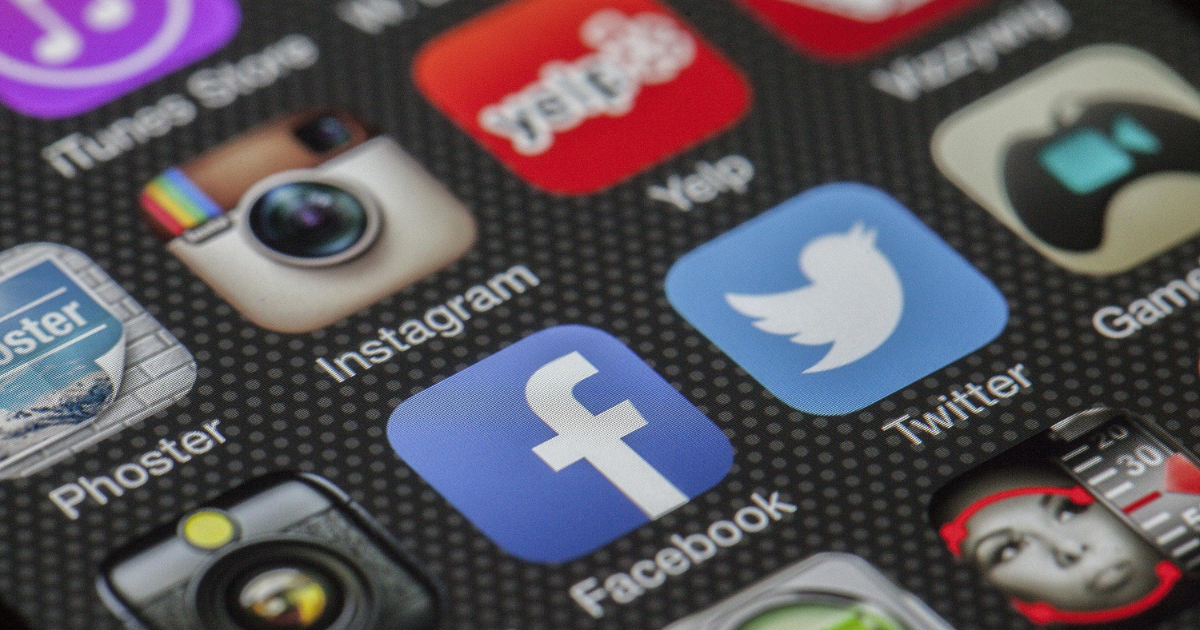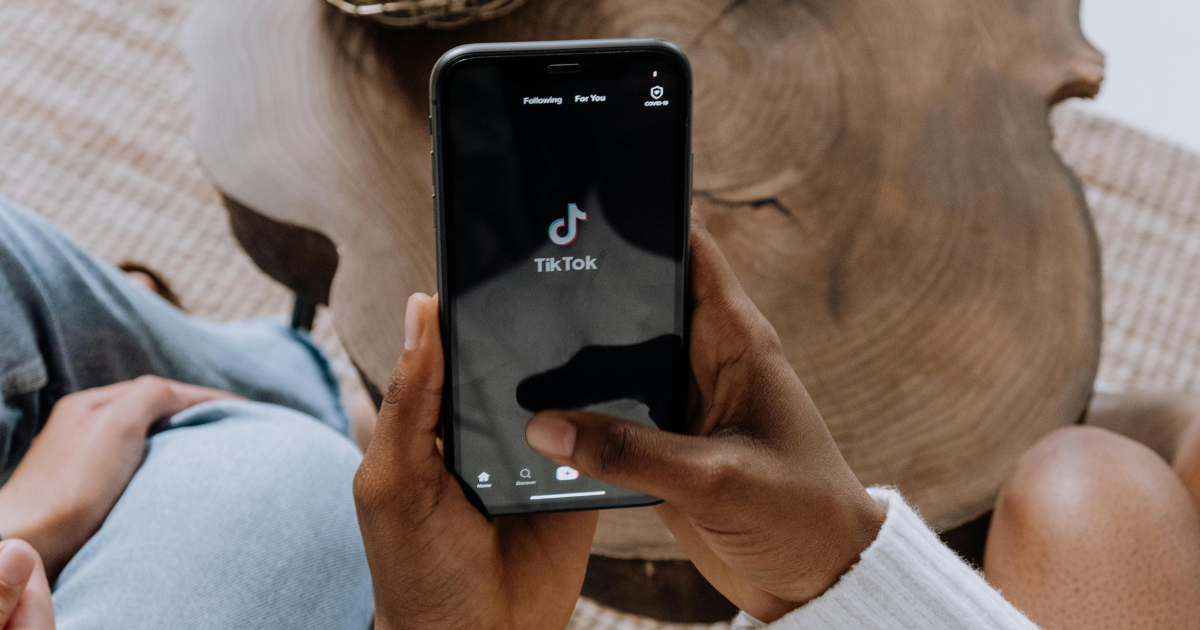Social media has embedded itself into our lifestyles since we were teens. From sharing moments on Instagram to viral challenges on TikTok, today’s youth are deeply adjusted to the digital realm.
While social media provided new modes of connecting and expressing one’s creativity, many other issues arose regarding how this may affect an adolescent’s mental well-being. Studies show a strong correlation between compulsive use of social media and heightened levels of anxiety, depression, and self-esteem issues for teens.
When combined with cyberbullying, unrealistic beauty standards, the pressure to maintain an online presence, and other trends, teenage patients have ever-increasing mental health crises. Therefore, parents, educators, and teens should understand social media’s very crucial role in mental health.
This blog post explores the impact of social media on teen mental health and offers practical guidance on how to do so safely and mindfully.
Understanding Social Media Use Among Teens
Why Teens Are Drawn to Social Media
Teenage engagement with social media is caused by multiple reasons. They see social media as a space for connecting socially with friends, meeting people with similar ideas and concerns, and finding a place for self-expression through sharing thoughts, accomplishments, and creative work.
Besides endless streams of videos and memes that provide entertainment and give one a break from the hassles of life, there is sweet dopamine, coming as likes, comments, or followers, and more validations one can gain.
Finally, Fear Of Missing Out (FOMO) also keeps teens hooked, as they really don’t want to miss out on what is trending or on anything that is happening.
Current Statistics on Teen Social Media Usage
Statistics witness the overwhelming amount of teen engagement with social media. In the United States, over 90% of teens use social media on any given day, spending an average time of three to four hours a day. Some are on the screen for more than seven hours each day, worrying about long-term adverse consequences.
Studies indicate a direct connection between social media use and teenage anxiety disorders, especially among young girls. Also inescapable, cyberbullying is ever-on-the-rise and has affected teenage mental health. Almost 59% of youths have been bullied at one point or another on the internet. These figures underline the urgent need for awareness and intervention.
How Adolescence Influences Social Media Habits
Adolescence is a challenging period marked by intense emotional and psychological development, leaving teenagers increasingly vulnerable to the effects of social media. During this stage, the brain is not fully developed, particularly in areas dealing with impulse control and emotional regulation.
This results in a crucial problem for teenagers, namely, the inability to separate online realities from real-life ones. This, in turn, encourages unhealthy self-comparisons because social media tends to show only edited and filtered versions of reality. So, the influence of social media on mental health may result in anxiety, self-doubt, and even depression.

How Social Media Affects Teens’ Mental Health
Negative Psychological Effects of Social Media
Social media provides a talking space for the expression of thoughts, but its ill effects on mental health should not be overlooked. Teens find their perfectionism, anxiety, and depression skyrocket from everything available online.
The unhealthy ideal of beauty that constantly surrounds us in the media leaves us with body image problems and low self-worth. Another big worry is cyberbullying, where comments online can be very emotionally charged and, in the worst cases, spiral one into suicidal thoughts.
Not only does late-night scrolling mess up your sleep, but the stress levels rise, mood swings come, and you have trouble concentrating in school.
Positive Aspects of Social Media for Teens
Social media comes with its risks, but it also offers advantages. Support groups on social media for teens who are going through mental disorders, where they can be part of a community that has the same problem. Teens going on social media for educational purposes have become a hub for learning mental health, self-care forms, and even studies.
There, we find creative platforms they use to discover themselves as photographers, writers, and musicians. Social media and mental health can be linked, and it happens with mindful usage, self-growth, and emotions at a higher level.
Understanding the Vulnerability of Adolescents
Teenagers are easily swayed, and that can contribute to the pressures affecting many young adults. Desire to be accepted by peers and external affirmations can make them go in search of likes and shares. This fragility commonly results in emotional turmoil when cyberspace is perceived as being left out or rejected.
Studies have investigated the connection between teen depression and social media use, and a lot of the evidence demonstrates a common correlation between cyberbullying and social isolation, which plays a massive role in depressive symptoms.
Warning Signs Social Media May Be Harming Your Teen
Behavioral Indicators of Social Media Stress
Parents and caregivers need to observe any changes in their teens. If a teen is experiencing a lot of anxiety, irritability, or withdrawal after using social media for whatever amount of time, then they might be experiencing social media-related distress.
For example, teens who are compulsive about their online presence and constantly looking to see if they’ve gotten any notifications, only to be disappointed when no one interacts with their posts.
The final signs you will notice are when they begin to struggle more academically, lose motivation for responsibilities, and lose interest in doing real-life activities because of the effects of social media.
Recognizing Teen Depression Linked to Social Media Use
Depression signs associated with social media can be frown lines from continual negativity, disinterest in activities, and withdrawal into yourself. If a teen starts avoiding in-person communication and spends hours on the computer, it may be a cause for concern.

Common symptoms that many teens suffering from social media and mental health effects are low self-esteem, being overly sensitive to criticism online, and a pervasive sense of inadequacy.
How to Identify Cyberbullying and Its Effects
Cyberbullying affects teen mental health terribly, no question. Emotional extremes, quick mood changes, and a teen who will not talk about online interactions are all signs a teen is being targeted.
Perhaps they will suddenly delete their social media accounts or show a school phobia/sociability crisis. Cyberbullying impacts teenage mental health with chronic physical symptoms like headaches, stomach aches, and sleep disturbance.
Impact of Social Media on Teen Mental Health
The impact of social media on teen mental health is undeniable. It allows for the chance to connect and be creative but comes with the possibility of cyberbullying, anxiety, and depression. Parents, educators, and policymakers need to work together to make social media and mental health something positive and not something that leads to stress.
If your teen seems to be suffering from social media stress, you may need professional mental support for teens. Follow us for more information on digital well-being and mental health!
FAQs
How can parents help teens use social media safely?
Parents can encourage open conversations, set healthy screen time limits, and promote offline activities to create a balanced social media experience.
What are the signs of social media addiction in teens?
Teens who spend excessive time online, show mood swings, neglect real-life interactions, and experience anxiety when not using social media may be struggling with addiction.
How does cyberbullying affect teenage mental health?
The cyberbullying impact on teenage mental health can lead to anxiety, depression, low self-esteem, and even suicidal thoughts in severe cases.
Can social media have positive effects on teens?
Yes, when used mindfully, social media can provide educational resources, creative outlets, and support communities, benefiting social media and mental health.
What should I do if my teen is struggling with social media-related anxiety?
Encouraging breaks, promoting positive online spaces, and seeking mental health support can help teens manage social media and teenage anxiety disorders effectively








